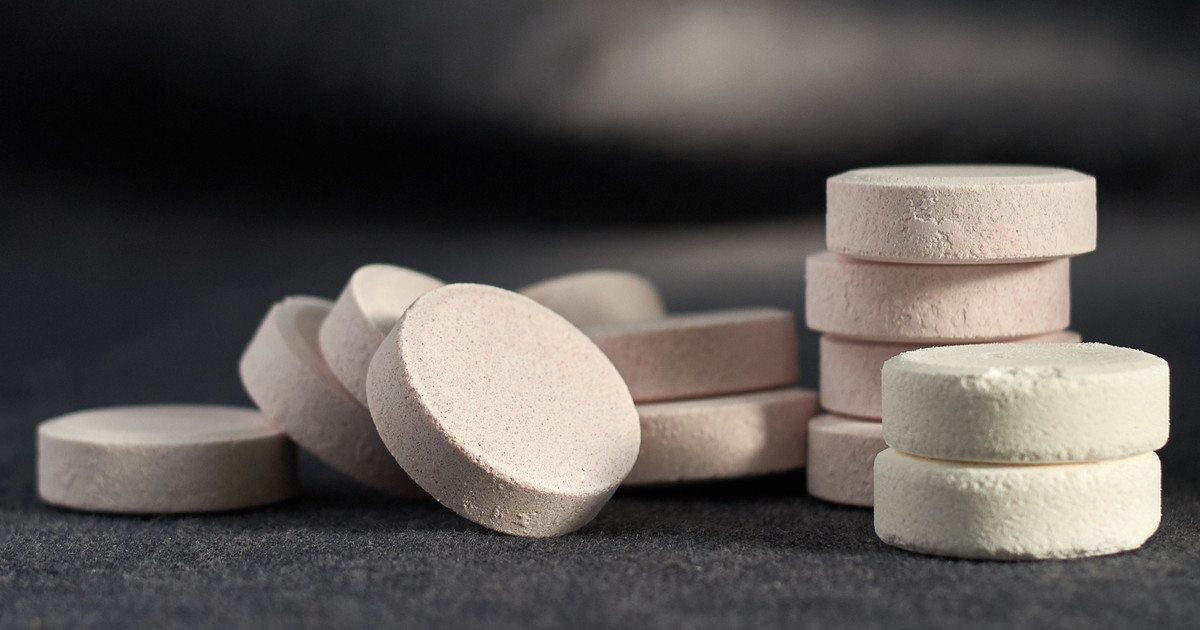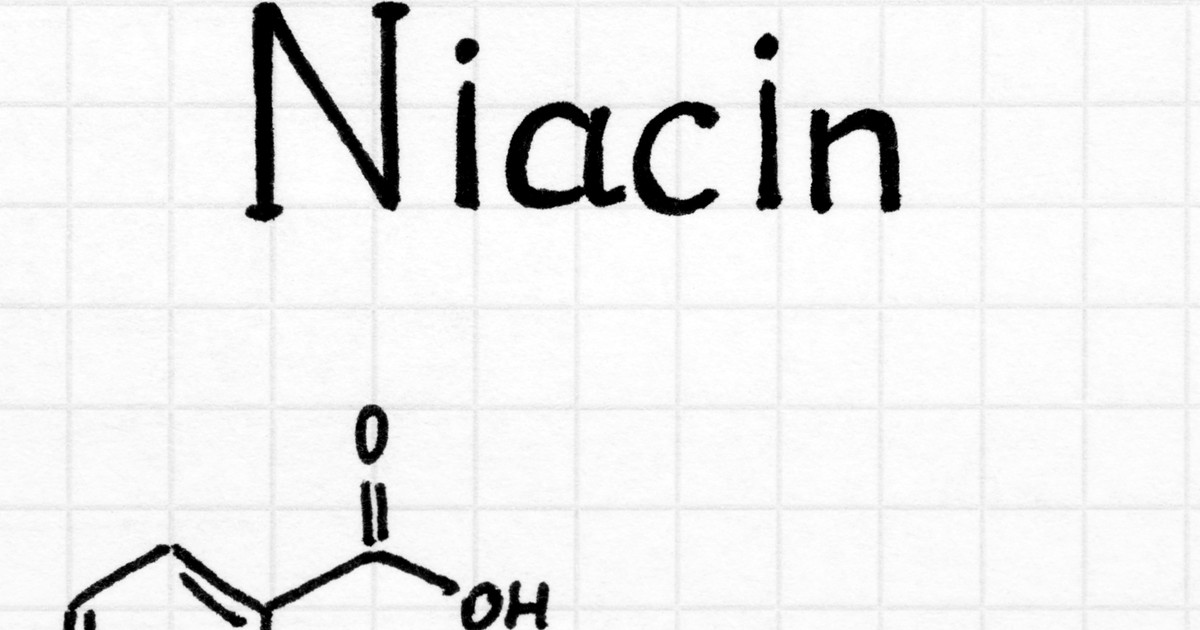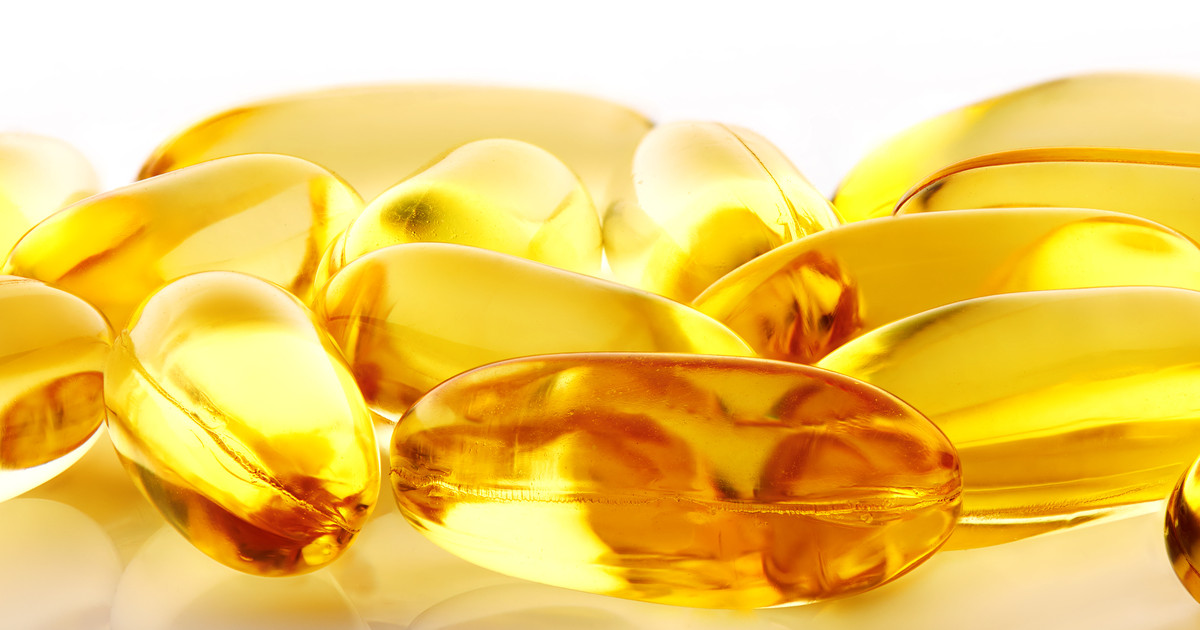Overview Of Supplements And Medications Connected To Liver Damage
The liver is a vital organ in the body. However, millions of individuals die every year as a result of liver damage. Many different supplements and medications can lead to damage and failure of this vital organ. Some of these products, which are intended to help the body, can threaten its very existence. Most individuals who take these types of products are unaware of the serious complications that they can cause. Cirrhosis, or scarring of the liver, typically occurs after some liver damage has taken place.
Medications for hepatitis may help treat liver damage. Many patients also require surgery for liver damage. Patients may need liver transplant surgery in severe cases. Natural remedies for liver damage include following a healthy diet, including reducing sodium intake. However, the first part of liver damage treatment is to stop taking the medications that can harm the liver whenever possible.
Antibiotics

Certain antibiotics can lead to cirrhosis and liver failure. This can happen over a long period. In rare cases, it occurs after one dose. This appears to be more common in the elderly, particularly in men. There are, however, case reports of younger patients experiencing this as well. Doxycycline, minocycline, amoxicillin, and ciprofloxacin, though useful in treating many conditions, have all been implicated in reports of liver toxicity.
In some studies, patients who were prescribed doxycycline and minocycline for acne experienced liver damage. They did so in a condition known as drug-induced autoimmune hepatitis. Amoxicillin has also caused this condition in other patients. In most cases, individuals made a quick recovery after they stopped taking these medications. Ciprofloxacin given to individuals with Crohn's disease or other health issues has had a similar effect in some cases. Patients in hospitals sometimes require both antibiotics and parenteral nutrition. This is nutrition given to them intravenously. The combination of these treatments can increase the risk of liver damage.
Reveal more medications that are connected to liver damage now.
Acetaminophen

Worldwide, acetaminophen is the most commonly prescribed medication for fever and pain relief. Unfortunately, it is also the number one cause of drug-induced liver failure. This pain reliever can destroy healthy cells in the liver, resulting in inflammation and damage. Individuals who take over twelve grams of this drug at a single time are at serious risk of this happening. Liver failure often occurs a day or two after consuming such large amounts. In pregnant women, this medication is responsible for most drug overdoses. Reports of children's deaths from it are quite common.
Many parents do not know about the dangers of giving their children large doses of acetaminophen. However, ingesting small doses over long periods can be equally as harmful to both children and adults. Studies have found that although the quality of life in liver failure survivors is generally poor, it can be even worse in those whose condition resulted from this medication.
Continue reading to learn about more medications and supplements that are linked to liver damage now.
Niacin

Niacin is one form of vitamin B3. It can be found in many foods and also comes in supplement form. Niacin is used to treat various medical conditions. This vitamin can be a life-saver when needed, as it is often used to reduce high cholesterol. However, it can also be quite dangerous if misused. Eating foods that contain normal levels of niacin can have a protective effect. This vitamin increases the absorption of zinc, which is beneficial for the liver. Zinc deficiencies are often linked to cirrhosis.
However, niacin supplements often contain too much for most individuals. This can have a negative effect on the liver instead. Every year, patients frequently overdose on niacin, and many suffer permanent liver problems as a result. Niacin normally comes in three different formulas: immediate-release, extended-release, and sustained-release. While the sustained-release formula is the most toxic for the liver, the other two types can be toxic as well. This depends on the dose and how long patients take them.
Get more details on the medications that can cause liver damage now.
Anticonvulsants

Without anticonvulsants, epilepsy and seizures would prevent many patients from functioning normally. However, these medications can cause irreversible liver injuries when used regularly. It is important to note that not all of these drugs are equal in this regard. Some anticonvulsants are more toxic than others.
Valproate, carbamazepine, felbamate, and phenytoin are some of the most recognized anticonvulsants known for causing liver damage. Benzodiazepines and many newer anticonvulsants are not known for being quite as toxic. However, they often have other negative side effects. Doctors typically only prescribe the more toxic types when others have not worked for their patients. Seniors and children are at a particularly high risk for these liver injuries because seizures are often more common in these age groups.
Reveal more supplements that have been linked to liver damage now.
Vitamin A

Although vitamins are generally considered beneficial, consuming taking too much can often result in health problems. When it is misused or taken in excessive doses, vitamin A can cause liver damage and even death. Vitamin A supplements are often prescribed for patients suffering from vision, skin, or other health conditions. However, evidence from many different studies has shown that hypervitaminosis can result in serious liver changes. This is the overdose of any vitamin.
Those with vitamin A deficiencies are often prescribed supplements that contain 25,000 IU. Patients who have taken this amount over six years have suffered liver failure as a result. Children may be at high risk because chewable vitamins that resemble candy often have large amounts of this nutrient. Overdoses on these products occur around the world every year. Individuals who drink alcohol may also be more sensitive. Alcohol can have a strange effect because it can cause a vitamin A deficiency while also enhancing its toxicity.
